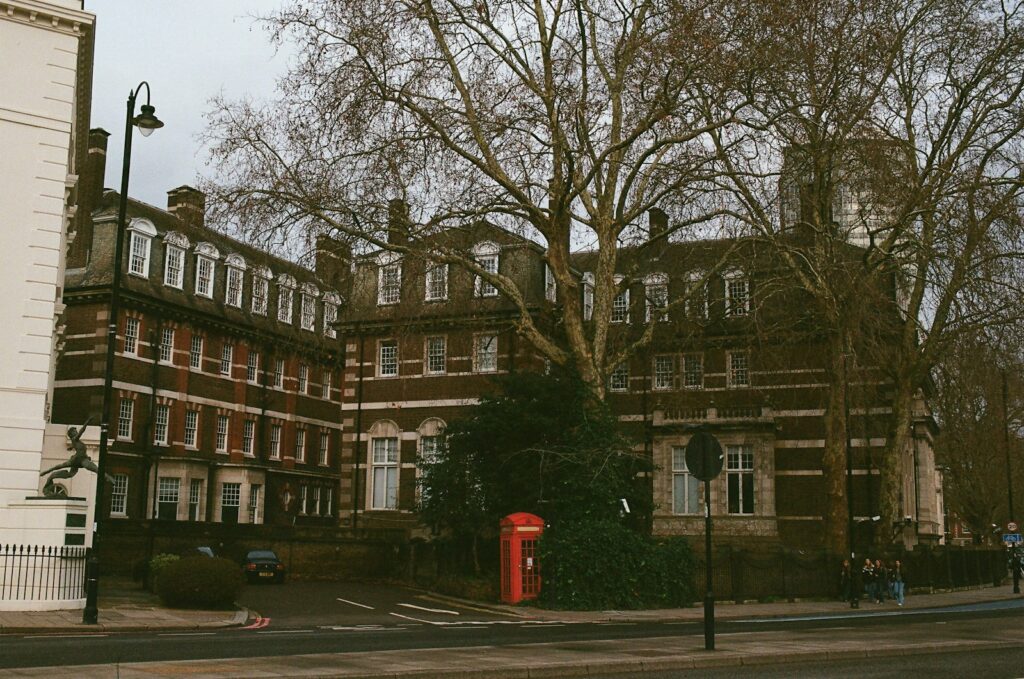New analysis from the TaxPayers’ Alliance found the average council tax bill has risen by almost 80% since the levy was introduced 30 years ago.
A typical band D property, which is situated in the middle of council tax requirements – they range from A (the lowest) to H (the highest) – will now pay £2,065 over the course of 2023-24, up from £568 in 1993-94. This is an increase of 79% after adjusting for inflation according to research.
The findings, which were published yesterday, have been announced just months after families were hit with another rise from local authorities. In January thousands of council taxpayers were set to pay more than £2,400 from April as the government announced plans to bring forward tax cuts in a bid to recover the economy.
As a result, consumer group Which? found most bills rose by 5% but some occupiers were stung by larger increases of as much as 14%.
In addition to displaying how much council tax payments have soared over the past 30 years, experts have also discovered that since the levy was introduced, local authorities have been much quicker to raise than lower bills. Research highlights there have been 9,462 individual council tax rises over the last three decades.
In contrast, over the same period, there were a mere 404 freezes and 363 cuts. 57% of councils were also found to have never reduced their level of council tax.
John O’Connell, chief executive of the TaxPayers’ Alliance, said: ‘Three decades since its introduction, the relentless climb of council tax shows no sign of reaching its peak.
‘Only by cutting wasteful spending and binning pointless pet projects can town hall bosses bear down on the council tax burden.’
As well as these statistics being released, data from the Office of National Statistics, which was released today, has shown that the UK GDP increased by 0.2% in April, following the 0.3% contraction recorded in March.
Although this news may provide slight optimism that the UK economy is slowly improving, therefore reducing inflation rates which have caused millions of people extreme financial difficulty, Charles White Thomson, CEO at Saxo UK, claimed the news should not be celebrated, rather highlight how the UK continues to underperform.
Mr White Thomson said: ‘The status quo in the UK is increasingly painful and uninspiring – this should not be about celebrating falling inflation, measly GDP growth or the avoidance of a technical recession. The UK continues to underperform its key counterparties and have underserved the majority and their aspirations.
‘We are now in an economic danger zone, pincered between public enemy number one/ inflation, a 19% increase in food and non-alcoholic beverages which reaffirms the cost-of-living crisis, and a consumer saddled with outsized debt that was once cheap. The risk for further policy failure is real and the stakes are getting increasingly high.’
Image: The New York Public Library

















Leave a Reply